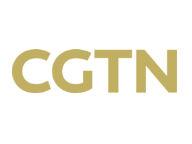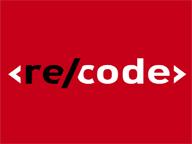Faculty News
—
Professor Thomaï Serdari shares her views on Dolce and Gabbana's controversial ad campaign in China
—

Excerpt from Knowledge@Wharton on SiriusXM -- (10:31) "I think it was the right thing to do, because they do have a name to maintain in the market, so they wouldn't want to alienate their own consumers by having products that are not welcome in Chinese culture, so that was the right thing to do. I do believe that Dolce and Gabbana as a company can recover slowly with the right steps."
Faculty News
—

Excerpt from Knowledge@Wharton on SiriusXM -- (10:31) "I think it was the right thing to do, because they do have a name to maintain in the market, so they wouldn't want to alienate their own consumers by having products that are not welcome in Chinese culture, so that was the right thing to do. I do believe that Dolce and Gabbana as a company can recover slowly with the right steps."






















